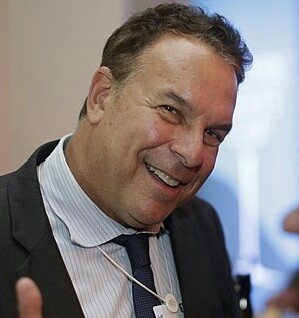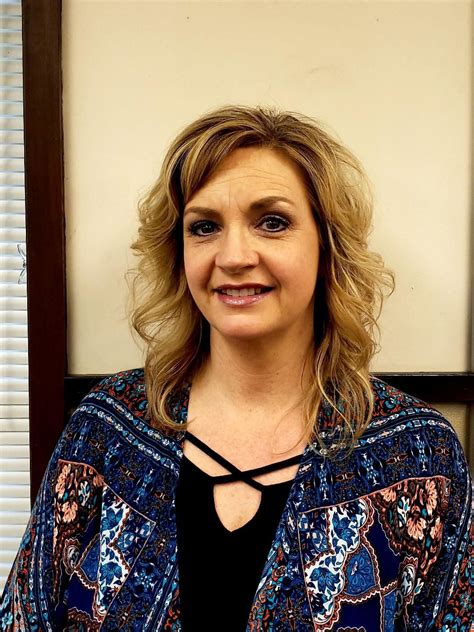A Quote by Jeff Greene
If there were not derivatives, there would be no bank loans at all today, because people want to get fixed-rate 30-year loans, but banks don't want to keep 30-year loans on their books.
Related Quotes
When you say "bank," a bank is a building, a set of computers and chairs and things. The bankers are the people running these banks. They're the chief officers, and they push the loans because they don't care if they go bad. For one thing, they may package these bad loans and sell them off to gullible institutional investors.
Imagine you have six loans, small to huge. People want to close loans and because of that, they try to pay off the small loans, but that's not the right strategy. The right strategy, of course, is to pay the loan with the highest interest rate. People make this mistake and it costs them lots and lots of money, it's a very expensive mistake because interest rates accumulate and become very, very expensive very quickly.
Under Bill Clinton's HUD Secretary Andrew Cuomo, Community Reinvestment Act regulators gave banks higher ratings for home loans made in 'credit-deprived' areas. Banks were effectively rewarded for throwing out sound underwriting standards and writing loans to those who were at high risk of defaulting.
If you have loans, the first thing you want to do is say, "Okay, look I have a credit card, if I really need to borrow, I have this emergency money that I can get, but for now there is no reason for me to keep cash at zero percent interest rate and at the same time, pay all of this money out. So, I think people need to figure out quickly how to pay loans and how much cash they should really keep.
The problem of dealing with the financial industry is being addressed today. You can measure it with interest rates coming down. You can measure it with the quantity of loans, and that sort of thing. The problem is, that nobody wants to take the loans. Once the banks are willing to give it, that's only half the problem.

































